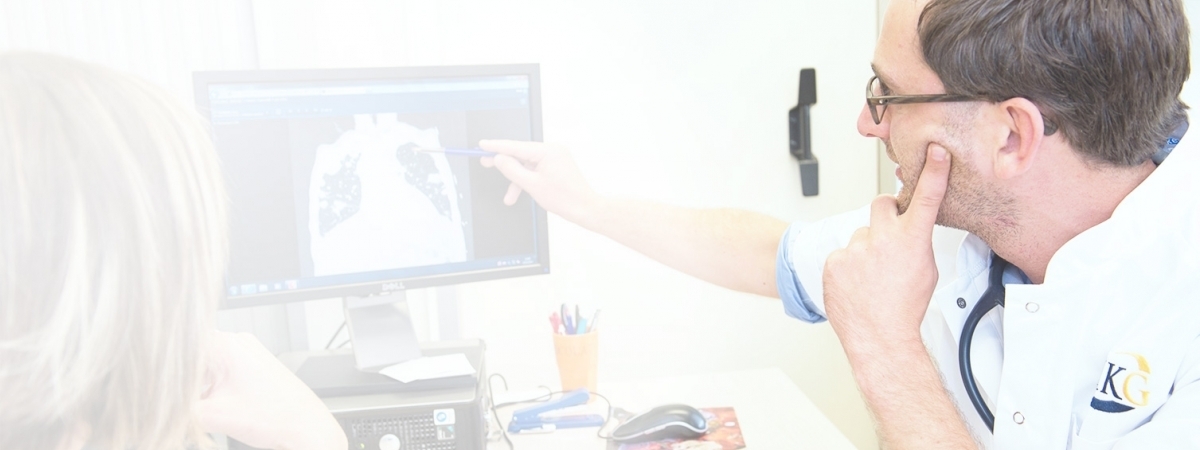
Psychosocial Support Team
Those suffering from a serious, life-threatening condition sometimes need additional help. Cancer catches people off guard and affects their 'life' in its totality. You may feel confused, isolated, anxious, powerless... You need a listening ear. To this end, the Psychosocial Support Team is at the disposal of the patient, family and other persons in the immediate vicinity.
Oncology coach
Oncology coachThe Oncology coach is a nurse specialising in oncology, who assists cancer patients with advice and assistance throughout the treatment process. This support can vary based on each individual's needs. If necessary, the Oncology coach puts the patient in touch with other care providers. Together with the attending physician, the nursing team and other care providers, Oncology coaches provide personal care and support to the patient and his or her relatives.
Oncology psychologist
Oncology psychologistA cancer diagnosis puts some patients in a crisis situation. You lose control of your own life and are forced to entrust yourself to physicians and other counsellors. Dealing with this is quite a task for the patient and also for his or her relational and familial environment. The specific life history of the patient plays an important role in this. Risks of complicated processing should be assessed. The psychologist can play an important role here. He or she can also offer strategies for dealing with it (coping), provide psycho-education and offer support through conversation therapy.
During, as well as, after the treatment, the patient and/or family can call on our service free of charge. Conversations can take place during a hospital admission or outpatient visit (by appointment). The real impact on the rest of one's life often only becomes noticeable in the phase in which the patient is faced with the task of starting with his or her daily tasks again.
Oncology dietitian
Oncology dietitianOncological disorders and their treatments can cause a wide range of nutritional problems. As dietitians, we try to help our patients through their oncological journey to reduce these discomforts or make them more bearable with nutrition tips. This can be done during the admission, as well as at outpatients clinics and the Oncology Day Hospital. Furthermore, we provide a periodical information session on nutrition and cancer as part of the rehabilitation programme ‘Revivo’.
Social Services
Social ServicesThe hospital's Social Services are at the disposal of oncological and palliative patients. Support is provided for ambulatory, hospitalised and outpatient patients. Patients and their families can contact them on their own initiative or by referral from a physician and/or nurse. You will find here what Social Services can do for you as a patient, and how you can get in touch with them.
Pastoral Care Service
Pastoral Care ServiceEvery patient admitted to the hospital, including oncology patients, is entitled to moral, religious or philosophical assistance. After all, the confrontation with the 'cancer' disease raises many meaningful questions. Those questions are coloured by the way one looks at life. Support from the perspective of meaning is therefore extremely important in order to gain strength, go through the oncological treatment and arrange a number of things in life during this treatment process. You will find here what the Pastoral Care Service can do for you as a patient, and how you can get in touch with them.
The Palliative Support Team
The Palliative Support TeamThe patient can discuss any questions concerning the will with the palliative nurse. In case the treatment fails, the palliative nurse also provides support and guidance to achieve the best possible quality of life for both the patient and his or her family. Patients and their families can contact the Palliative Team on their own initiative or by referral from a physician and/or nurse.
Something wrong or unclear on this page? Report it.

































